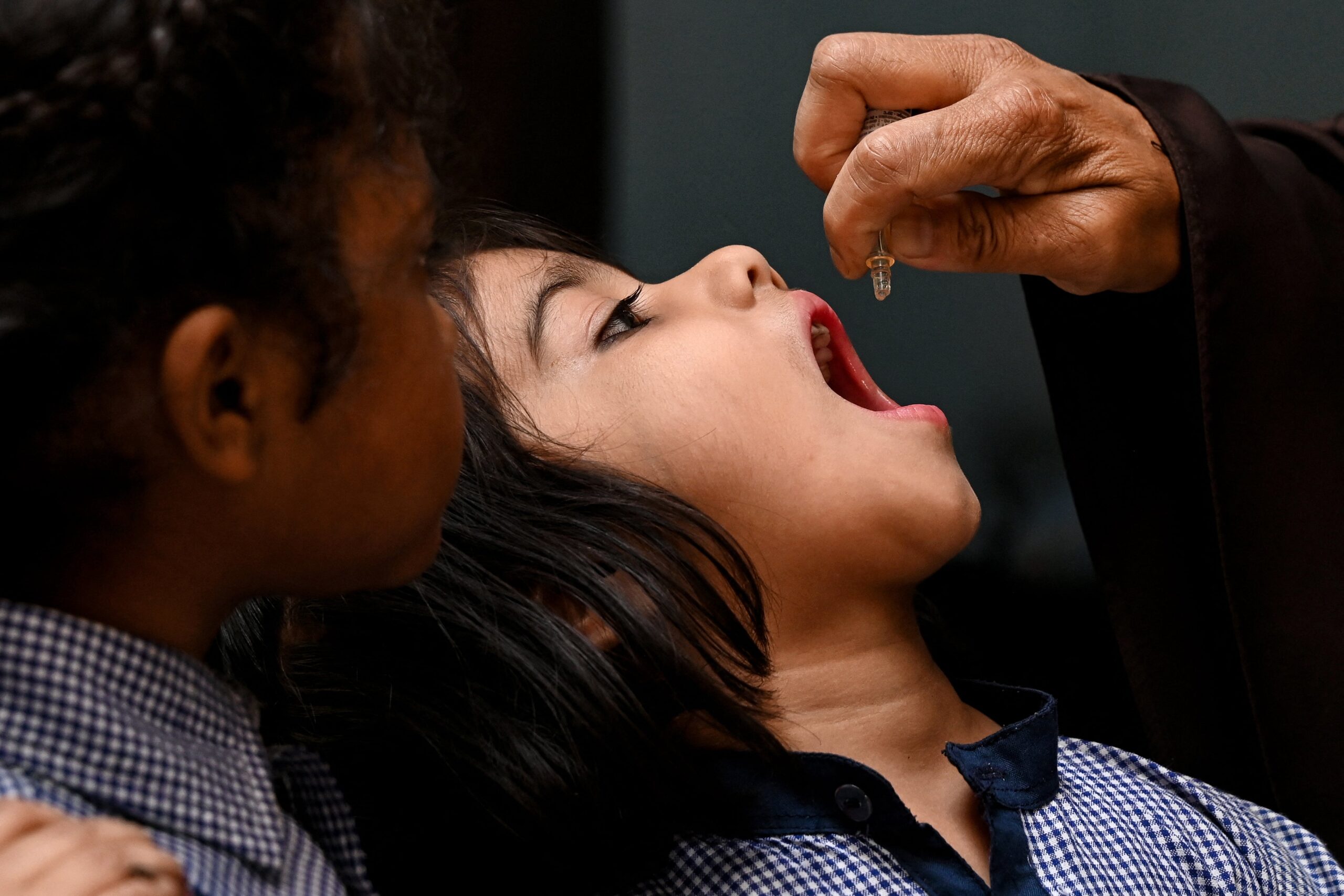A wild form of the polio virus had been detected in a sewage sample from Hamburg.
German authorities on Thursday identified the northern city as the location where the sample had been found, saying a task force had been established and more samples would be taken.
The nation’s main public health body, Robert Koch Institute (RKI), on Wednesday said the wastewater test at an unspecified German location was positive for the wild polio virus, a setback for efforts to rid the world of the deadly disease.
The findings came more than 30 years after the last cases of wild polio virus infections in people were registered in Germany and marked the first wild virus detection from environmental sampling in the country since this type of routine monitoring began in 2021.
Health authorities in the city of Hamburg, which is also one of Germany’s 16 regional states, said they had convened an expert task force on infection control and would take more samples while coordinating closely with RKI.
They added that the positive sample was taken in the week of October 6, reaffirming earlier RKI remarks that the risk to the general public was very low because of high vaccination rates and that no infections had been reported.

Polio, short for poliomyelitis, is a viral infection that can kill or cause paralysis, but can be prevented by vaccination.
There are two forms of polio circulating globally.
Wild polio is rarer and only found in Afghanistan and Pakistan. The other form circulates in more countries and stems from rare instances where weakened live viruses used in some places for immunisation mutate and spread.
Scientists say the risk is minimised by high vaccination coverage.
Beate Kampmann, scientific director at the Center for Global Health at Germany’s largest university hospital, Charité in Berlin, said the finding underscored the importance of vaccination.
“Polio anywhere means a potential risk of polio everywhere,” she told Reuters, adding that sustained funding for polio eradication was vital.
Hamburg authorities said the collected sample was from wastewater from Hamburg and partly from neighbouring federal states, therefore, it is not possible to determine exactly where the virus entered the wastewater through human excretion. It could not be determined whether one or more people are infected with the virus.
